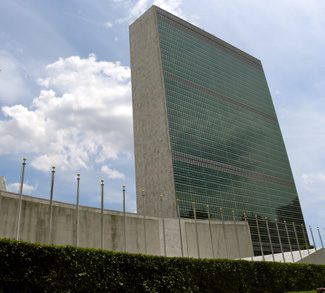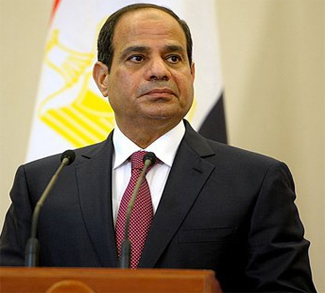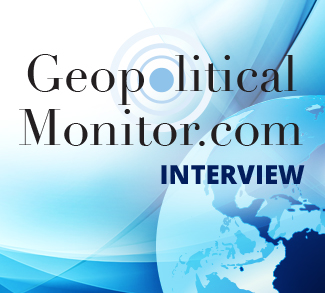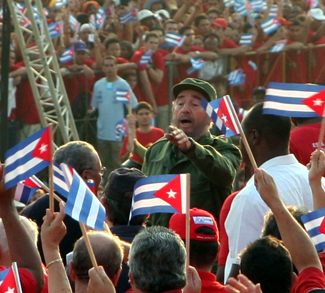A vigorous debate has been raging in political circles about the restructuring of the Security Council (UNSC) and bringing about some important and much-needed reforms in the United Nations (UN). The hotly debated questions are: What will be the future shape of the organization, and how will it impact inter-continental diplomacy?
There are two issues at hand here. One is India seeking permanent membership on the Security Council, and the other is India proposing more general reforms of the UN.
Besides India, Germany, Brazil, and South Africa are also seeking membership to the UNSC.
In a sense, Germany is already an unofficially accepted member to the club. This is shown by the recent Iranian nuclear deal in which Germany played a role.
Among the permanent members, there is a shared thinking that the entire structure of the UNSC should be changed in a way that the ‘big five’ retain supremacy and a final word on sensitive international issues.
In my opinion, even if the UNSC agrees to the proposal of including these four aspiring countries as permanent members, the new structure will be framed in a way that supremacy remains with the ‘big five.’ They would not want India, particularly, to enjoy the powers at par with them knowing well that India’s inclusion in the UNSC would mean considerably wide-ranging and highly sensitive changes in the Asia strategy for the EU and the United States.
China has no small strategic interests in the Asian continent where India is emerging as a rival and contestant. In particular, China has invested enormously in energy resources in Central Asia and the Gulf. India, like China, is also energy-hungry state. China is more interested in blocking India’s overland connectivity with Central Asia and Iran. This prompts China to put more eggs in the Pakistani basket and oppose India’s membership more indirectly through Pakistan than by taking a direct confrontational posture against India.
Reform of the United Nations is not a strong issue for most Asian countries except Iran and Pakistan. Southeast Asian countries are least concerned; at best they will have lip service for India except Vietnam and perhaps Indonesia. West Asian states are not at all eager for any reform in the organization essentially because they are deeply embroiled in their own domestic and internecine conflicts.
Iran will certainly support India at the United Nations. Iran well understands that the building of the Gawadar seaport by China had the blessings of the United States. With this port assuming strategic importance not necessarily for Pakistan but more importantly for the United States because US naval force gets a vantage point to monitor the naval movement of two countries in the region with strong navies – India and Iran. That is why Iran, soon after signing the nuclear deal with the United States, announced an 8 million dollar package for Indian investment in developing the Chahbahar port at the tip of the Persian Gulf that would provide India a point of entry to Central Asia, circumventing Pakistan and Afghanistan territories. In all probability, the IPI pipeline may also be revived for further consideration.
However, Saudi Arabia will have an eye on furthering its own national priorities, foremost of which is to maintain Saudi ecclesiastical supremacy and its status as the centripetal force of Sunni Islamic world. Though on one hand Iran agreeing to impose a ban on the production of nuclear weapons under US and EU pressure has helped the Saudis heave a sigh of relief, the Saudi monarchy does not trust Iran and to play safe against any mischief, Riyadh has maintained very close relations with Pakistan not for religious reasons but for Pakistan being in a position to provide dependable palace guard mechanism for her besides the solace of Pakistan having a nuclear weapon in the basement.
Pakistan will use both China and Saudi Arabia to counter India’s search for membership to the UNSC.
However, when all is said and done, given point that India is the largest democracy in the world, with every fifth person on the planet an Indian, it is becoming increasingly difficult for the EU and the US to ignore the country. The implosion of the erstwhile Soviet Union in 1991 has done much damage to India’s position. Putin is soft pedaling on the issue of UNSC reforms.
This is the scenario I can visualize in regard to the membership of India and the reforms of the UN. The essential question is that India aims at proposing reforms through which concentration of power in the hands of the ‘big five’ can be diluted and democratically distributed. The Security Council has to perform the role of a partner rather than that of arbiter. Experience has shown that imposition of economic sanctions on a defaulting member state seldom yields the expected or even desired results. Often sanctions have proved counterproductive. This mechanism needs replacing by much more effective and result-oriented system. From advisory role in most of the disputes, the UNSC needs to adapt much a more persuasive course on policy matters.
The opinions, beliefs, and viewpoints expressed by the authors are theirs alone and don’t reflect any official position of Geopoliticalmonitor.com.




